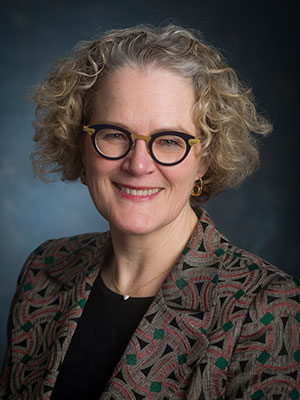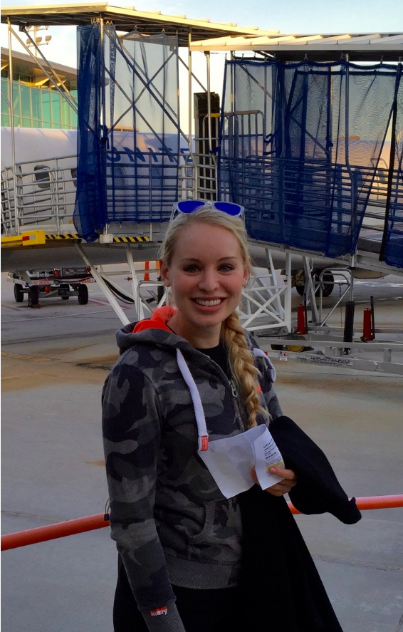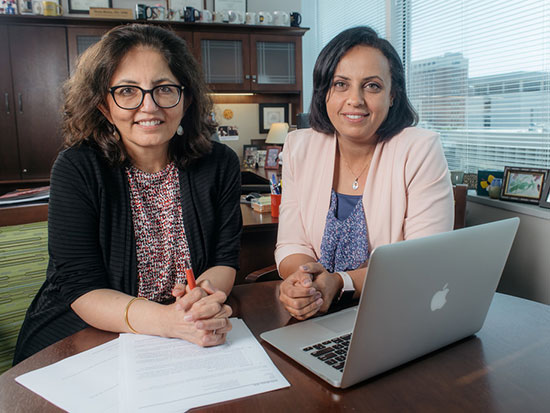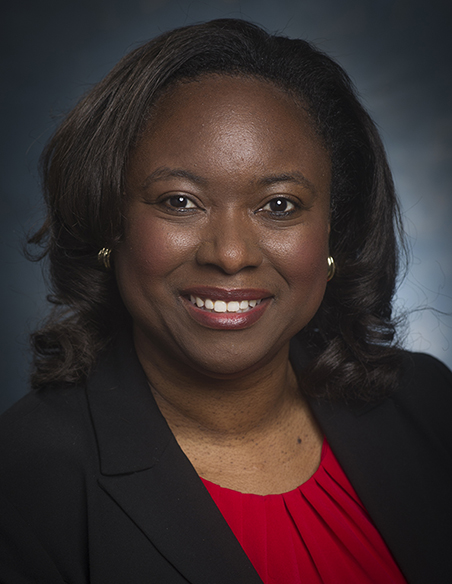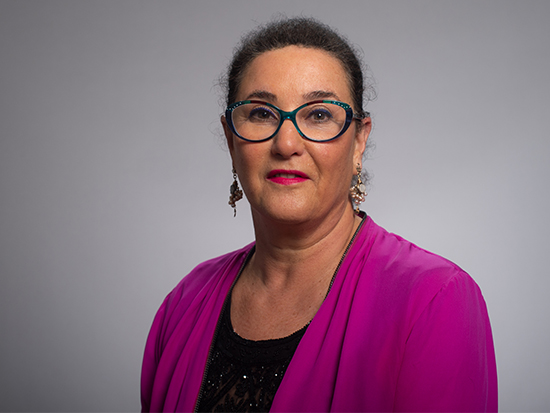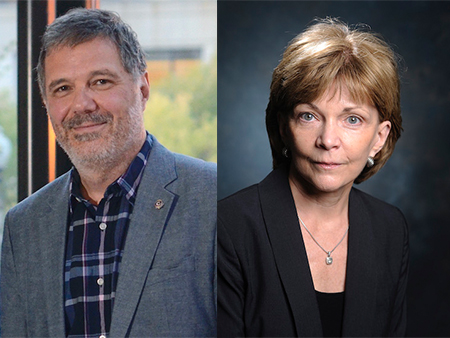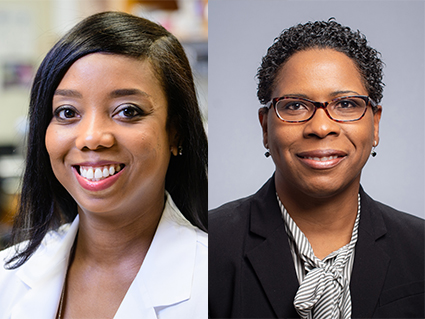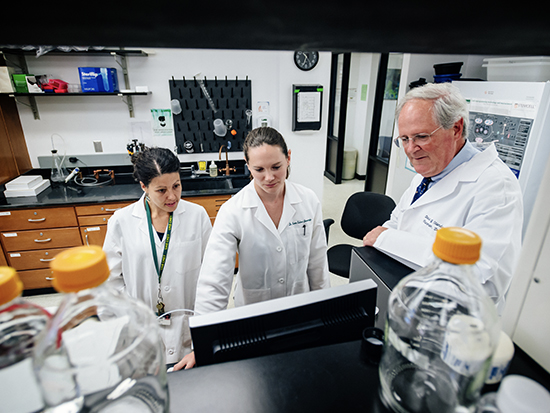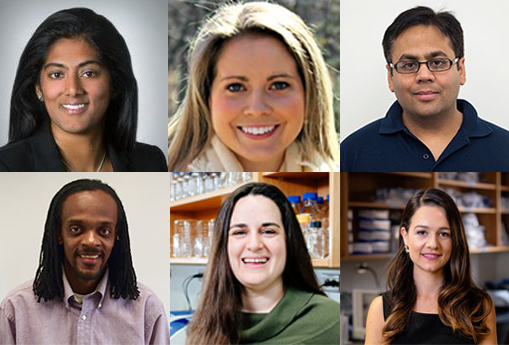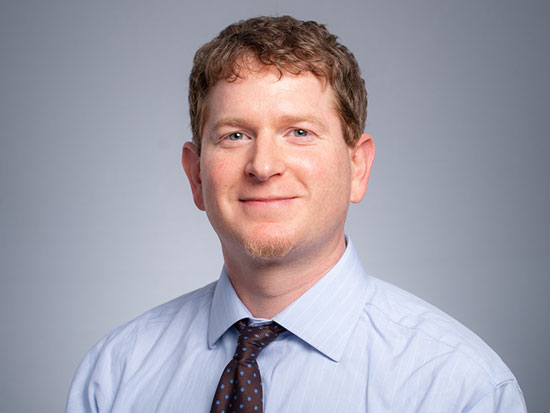The CCTS is delighted to acknowledge the steady stream of news about the outstanding accomplishments of our CCTS trainees, pilot and voucher awardees, and panel alum—and the experts who support the development of our CCTS superstars. While this isn't an exhaustive list, we hope this monthly recap of clinical and translational research successes and honors inspires you as much as they inspire us. If you have individuals you would like to highlight, please send that information or news link to
-
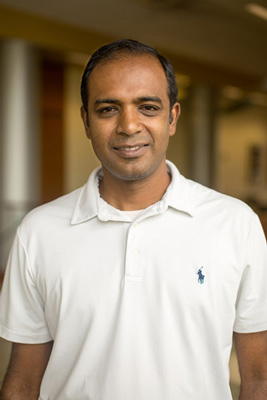
Palaniappan Earns RO1 for Tissue Chip Model Research
Sethu Palaniappan, PhD (Associate Professor, Cardiovascular Disease) has earned an RO1 to bioengineer micro-scale models of cardiovascular disease. The project aims to develop cardiac "tissue chips" that will provide platforms for drug testing and disease modeling with direct relevance to humans. Dr. Palaniappan recently participated in the CCTS panel process and has been a panel reviewer. -
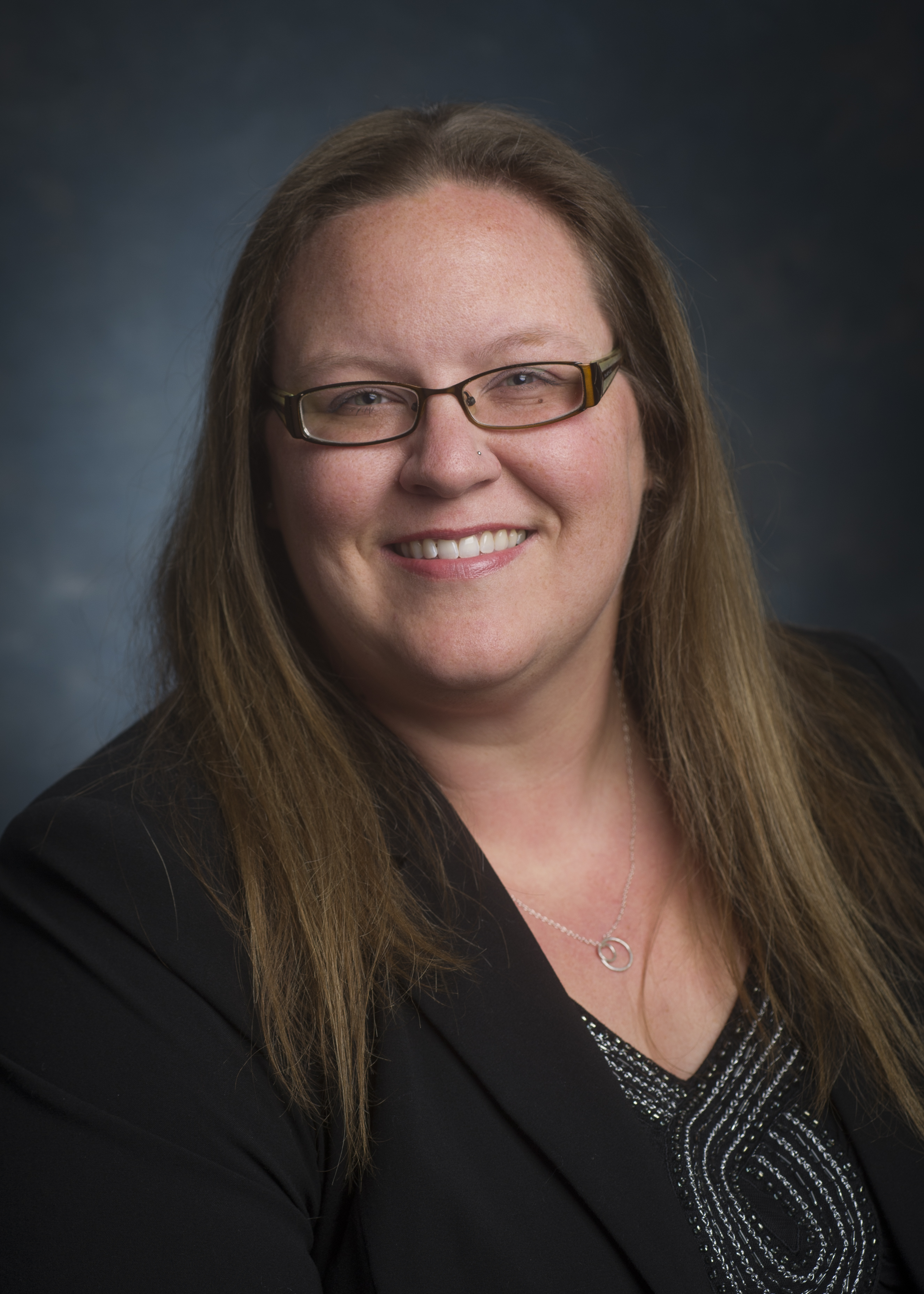
Hyndman Earns APS Renal Section New Investigator Award
Kelly Hyndman, PhD (Assistant Professor, Nephrology) has received the Renal Section 2020 New Investigator Award from the American Physiological Society for her research in renal physiology, pathophysiology and hypertension. Dr. Hyndman is a CCTS panel reviewer and just joined the Nascent Project Panel (NPP). -
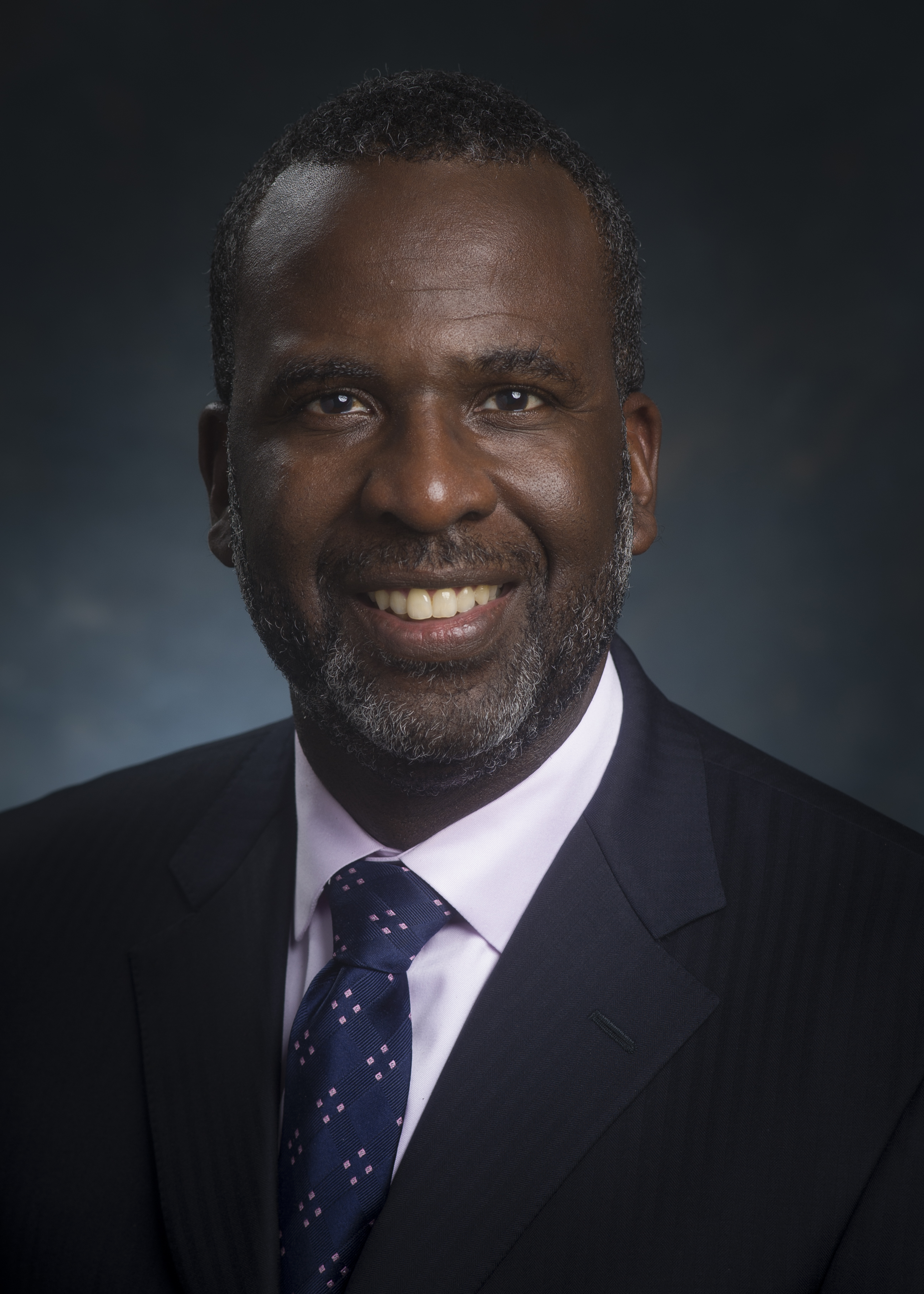
Durant Receives 2020 SGIM Herbert W. Nickens Award
Raegan Durant, MD (Associate Professor, GIM/DOPM) has been recognized with the 2020 Herbert W. Nickens Award from the Society of General Internal Medicine for his commitment to cultural diversity in medicine and to improving minority health. Dr. Durant is a CCTS panel reviewer and former MHRC/CCTS Pilot Awardee. -
The Office of International Medical Education helps MS3 achieve global education dreams
Kathrin Zimmerman (2017-2018 CCTS TL1 trainee), a third-year medical student, has been awarded a position as a Paul Farmer Global Surgery Research Associate in Harvard Medical School’s Global Surgery and Social Change program. The Office of International Medical Education is helping fund Zimmerman's experience. -
Genes predict risk of cognitive decline after BMT
This UAB-led study finds the genetic variations associated with cognitive decline after blood or marrow transplant identify high-risk patients more accurately than current methods. Drs. Bhatia and Sharafeldin are CCTS panel reviewers. -
NIMHD Highlights Baskin's Pioneering Research
The National Institute of Minority Health and Health Disparities is recognizing pioneer researchers whose career trajectories have been shaped by NIMHD-sponsored research grants. Monica Baskin, PhD (Professor, Preventive Medicine) who specializes in population health and lifestyle behaviors for the prevention and management of chronic disease, was featured in these online interviews. Dr. Baskin is a CCTS panel reviewer. -

Pollock is American Physiological Society President-Elect
Jennifer Pollock, PhD (Professor, Nephrology) has been elected president-elect of the American Physiological Society. The APS connects a global, multidisciplinary community of scientists and educators in physiology and related disciplines. Dr. Pollock is a CCTS panel reviewer and over the CCTS T32. Three cheers, Dr. Pollock! -
Elk Engages Community to Develop Culturally Appropriate Palliative Care
Ronit Elk, PhD, (Professor, Gerontology, Geriatrics, and Palliative Care) and colleagues have collaborated with community members to develop a culturally appropriate approach to palliative care. Their study will compare the culturally-based intervention to standard protocols to determine its impact on patient quality of life and the burden of care for caregivers. Enrollment began last month in three rural hospitals in Alabama, Mississippi, and South Carolina. Dr. Elk is a CCTS panel reviewer. -
Lahti and Pozzo-Miller take reins of Comprehensive Neuroscience Center
Adrienne Lahti, M.D., F. Cleveland Kinney Endowed Chair in the Department of Psychiatry and Behavioral Neurobiology, has been selected as the director of the Comprehensive Neuroscience Center. Joining Lahti as co-director is Lucas Pozzo-Miller, Ph.D., professor in the Department of Neurobiology. Drs. Lahti and Pozzo-Miller are CCTS panel reviewers. -
Bridges to lead Rheumatology Research Foundation
Louis Bridges Jr., M.D., Ph.D., (CCTS panel reviewer) director of Clinical Immunology and Rheumatology, will preside over the largest private funding source for rheumatology research and training in the United States. His term is for two years. -
Lubin, Gray among 'inspiring black scientists in America'
Farah Lubin, Ph.D., associate professor of neurobiology, and Michelle Gray, Ph.D., associate professor of neurology, (both CCTS panel reviewers) were listed among the 100 inspiring black scientists in America. Lubin was recently profiled by UAB Reporter. -
Chaplin elected as a distinguished fellow of the American Association of Immunologists
David Chaplin, M.D., Ph.D., professor in the Department of Microbiology has been elected as a distinguished fellow by the American Association of Immunologists. The award is designed to recognize scientists who have spent their career working to advance the field of immunology through their research, service, and contributions to educating and mentoring the next generations of immunologists. Dr. Chaplin is a CCTS panel reviewer and works with our Training Academy. -
Parkinson’s driven by inflammation, genetics, and the environment
David Standaert, M.D., Ph.D., (CCTS panel reviewer) professor in the Department of Neurology, has identified that inflammation may cause Parkinson's Disease to advance more quickly than it otherwise would, and anti-inflammatory drugs could hold promise in treatment. -
Muzny Earns RO1 Grant From the NIAID
Christina Muzny, MD, MSPH (Associate Professor, Infectious Diseases) has received an R01 from NIAID entitled “Microbial Interactions between Gardnerella, Prevotella, and Atopobium Prior to Incident Bacterial Vaginosis" to investigate the pathogenesis of incident BV. Dr. Muzny participated in CCTS panels which helped secure this RO1. She has also been named Southern Society of Clinical Investigation Postgraduate Mentor of the Year! -
2020 Pittman Scholars announced
Six faculty members in the School of Medicine have been named the 2020 class of James A. Pittman Jr., M.D., Scholars, a program that recognizes the impacts of junior faculty and supports the recruitment and retention of highly competitive scientists and physician-scientists. Four of these faculty members have participated in CCTS opportunities. -
Neuropsychologist earns early career awards for research on cognitive decline
Adam Gerstenecker, Ph.D., CCTS panels participant, is being recognized for his contributions to understanding the causes for and effects of losing memory and thinking skills. -
New study calculates damage of food + lifestyle fails. What’s your score?
Diet and lifestyle choices can fuel inflammation and contribute to heart disease, cancer and more. Suzanne Judd, Ph.D. (CCTS panel reviewer), and colleagues created a way to quantify the effects of 19 foods and four lifestyle elements. How does your routine add up?
